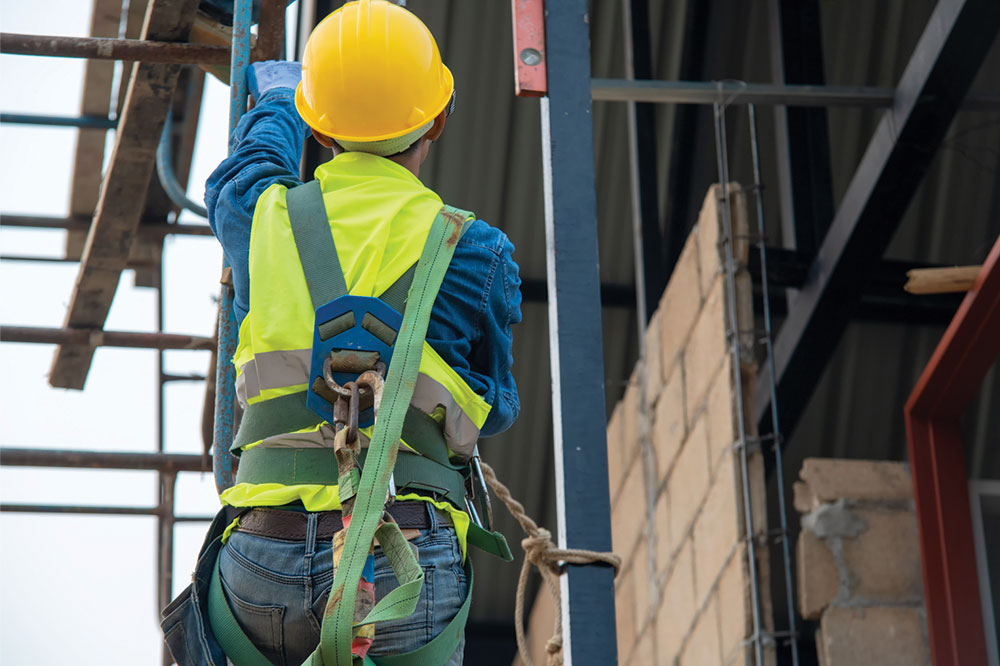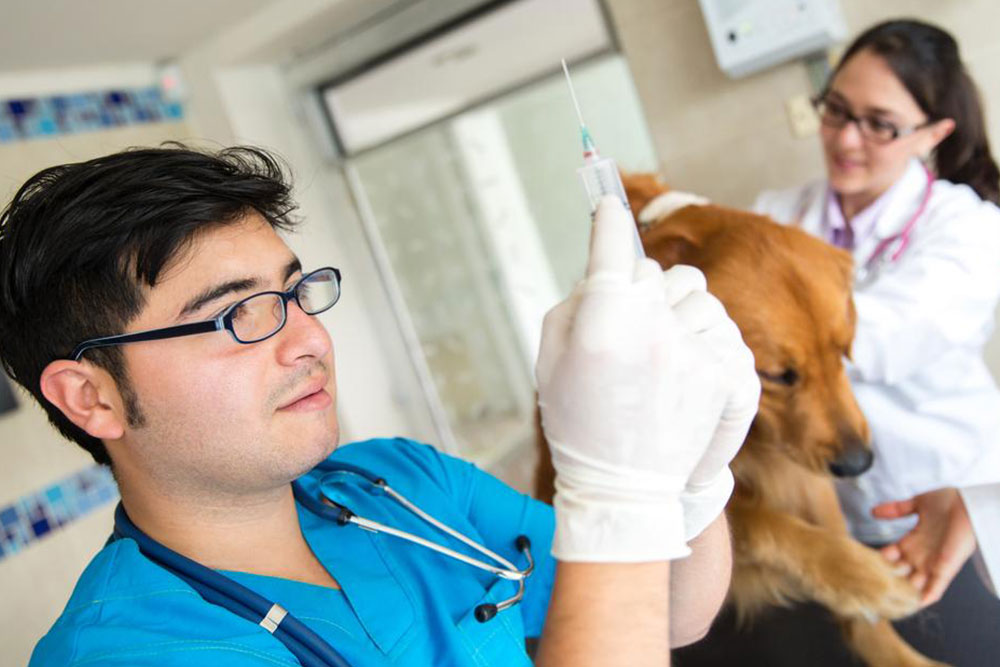Potential issues of using a safety harness kit
When you hand over a few things, such as safety glasses or a pair of boots, they can use them properly. However, your fall protection harness safety kit is certainly not one of those things. To an amateur or an untrained eye, the harness safety kit may seem like a jumble of buckles and straps without any semblance of reason. This makes the harness ineffective and may injure or hurt the wearer.

Here are some instances wherein a harness safety kit can cause hurt or injury:
Improper fit
When the safety harness kit is not adjusted for a snug fit, its efficiency is null. It is almost equivalent to wearing no harness at all. A snug fit is vital on both the upper and the lower sections. If you slip loose from the harness while working at an elevation, you may find yourself in a dangerous situation, which may demand an immediate rescue. Organ damage, traumatic injury, or a neurological injury might occur in only a few minutes of prolonged suspension in some cases. Weight limits vary from one model to another, but the typical range is between 130-310 pounds. The weight includes the worker’s clothing, the harness itself, and any tools the worker will use while working with the harness. For obvious reasons, you must not exceed the weight limits, and the body harnesses must never be used for lifting equipment or materials.
Wrong D-ring position
The harnesses were not thrown together haphazardly using some straps lying loose on a manufacturing floor. These have been carefully engineered by certified professionals who ensure that the body’s force in the event of the fall is distributed across the body to ensure that the fall is safely arrested. If you do not wear the harness right, it will not provide equal force distribution. As a result, you will even up hurting yourself. So, if the D-ring is wrongly positioned, it is a clear sign that you are not wearing your harness correctly. Hence, anytime you wear the harness safety kit, make your partner examine it to ensure that the D-ring is situated precisely halfway between the shoulder blades. It does not mean that it can land up just anywhere on the back; rather, it should be on the back’s center at the shoulder blade height.
Overuse
Although the harness safety kit does not come with an expiration date, you can tell when it needs to be replaced. If the harness has been used for more than five years and starts showing wear-and-tear signs, you need to replace it. When a harness has exceeded its life, it may lead to equipment failure.




